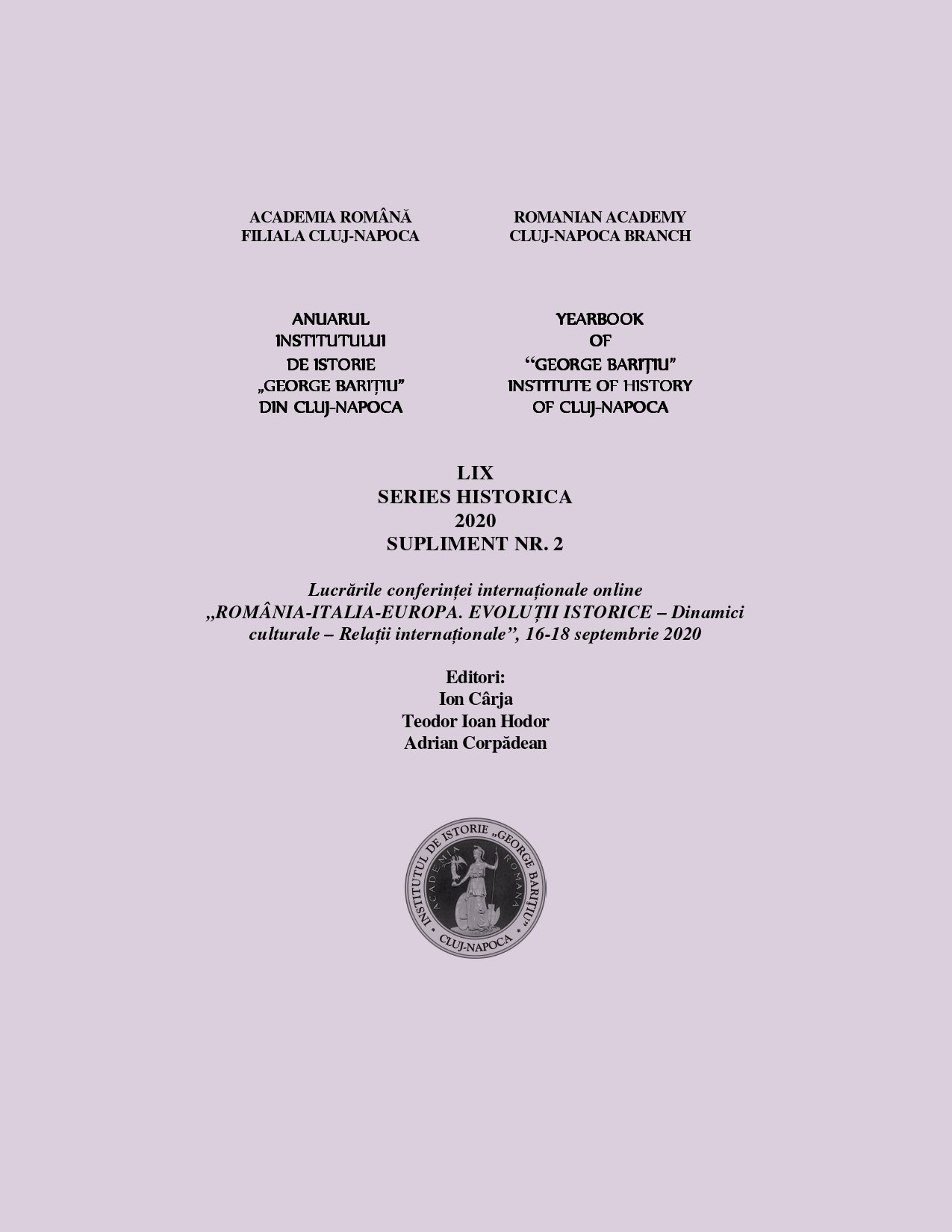Rezistența la schimbare în sistemele educaționale. Factorul uman
Resistance to change in educational systems. The human factor
Author(s): Ioana DârjanSubject(s): Education, School education
Published by: Editura Academiei Române
Keywords: resistance to change; education; teachers;
Summary/Abstract: The traditional provision of education seems to be insufficient and ineffective in the present fluid, rapidly-changing societies. The need for educational reform is continuous, but dramatic paradigmatic and societal changes,scientific and technological progress highlight the urgency of change intensely and stress the necessity and the relevance of closing the gap between theory and practice. Like many other traditional educational systems, the Romanian educational system is vast, in terms of spatial, material, and human resources.Also, it is centralized and strictly top-down structured and controlled. In these circumstances, it tends to be inertial and resistant to change. Efficient and sustainable reforms should firstly assess the state of the system's art, indicating the possible obstacles and resources for necessary changes. To promote and support genuine change and innovation is crucial to identify favorable factors that generate and sustain change and factors that could generate inertia and resistance to change. Identifying and understanding these complex mechanisms, at organizational and individual levels should precede any plans of change. Change in the educational system should be about sensibility and sensitivity to actual demands, flexibility, and adaptability to changing demands and challenges of fluid societal realities. Otherwise, education, as process and end-means, becomes inefficient and obsolete. This paper investigates the individual motivations for resisting the changes in the educational system. A sample of 71 teachers from mainstream schools participated in this survey by completing the Oreg's 17-items Resistance to Change Scale. The scale assesses the major individual factors against embarking in the changing process. These factors are structured into four categories: routine seeking, emotional reaction, short-term focus, and cognitive rigidity. The results show that cognitive rigidity might be the most prominent obstacle in the way of changing.
Journal: Anuarul Institutului de Istorie »George Bariţiu« - Series HISTORICA - Supliment
- Issue Year: LIX/2020
- Issue No: LIX, 2
- Page Range: 611-619
- Page Count: 9
- Language: Romanian

